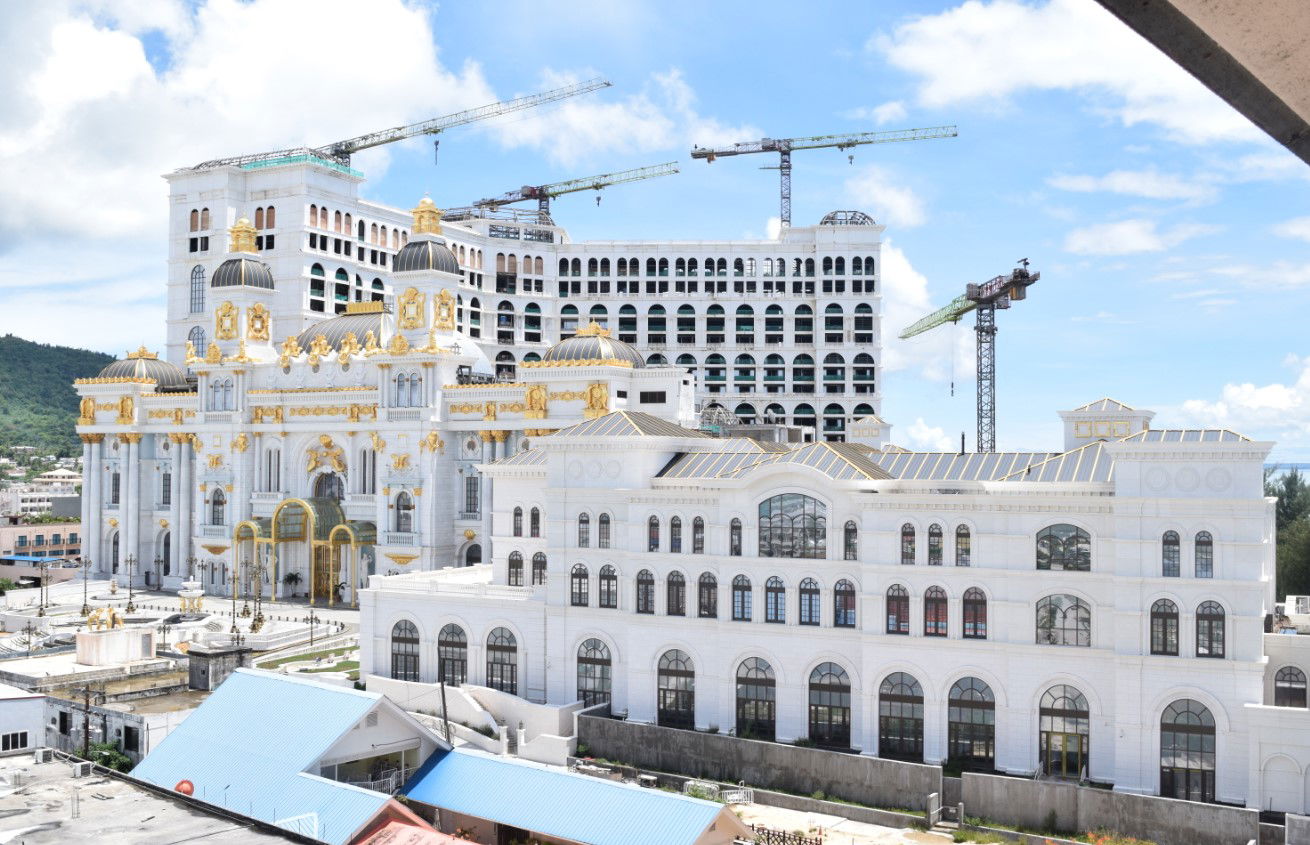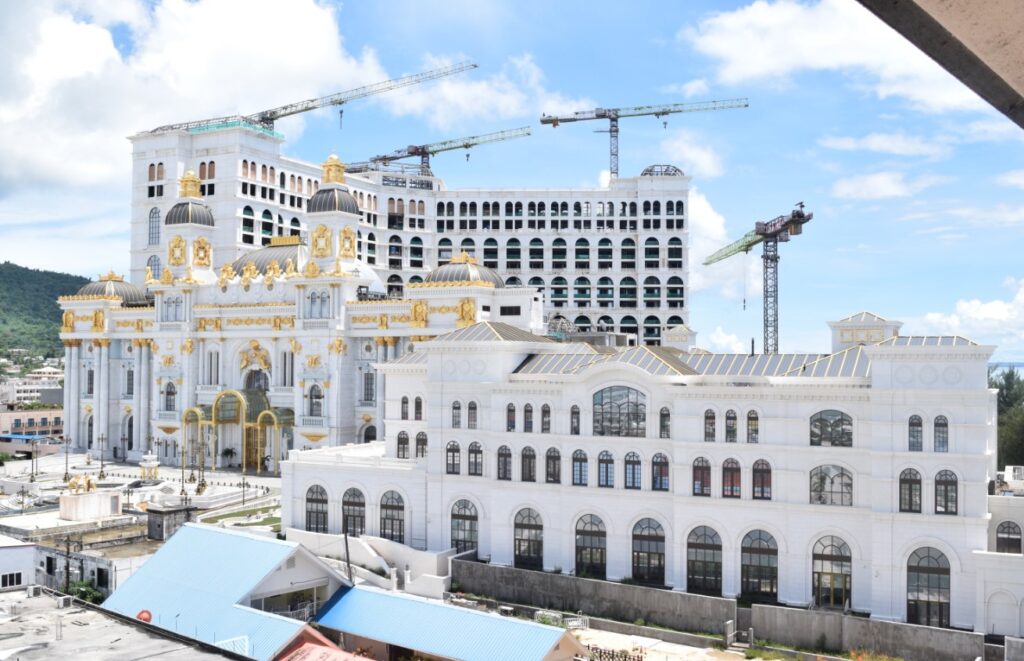
COMMONWEALTH Casino Commission Executive Director Andrew Yeom said the proposed settlement agreement with Imperial Pacific International includes a $100 million construction bond.
“The construction bond clearing the judgment creditors’ requirement … is very important,” Yeom said on Friday.
Prior to the casino commission’s closed-door deliberation on IPI’s casino license on Tuesday last week, Yeom presented a proposed stipulated agreement between him and IPI.
According to the stipulated agreement, even if the suspension of its exclusive casino license is lifted, IPI will not have the right to engage in casino gaming operations unless it presents sufficient information proving financially suitability to operate.
Aside from the $100 million construction bond, IPI also agrees to provide the casino commission with a plan to collect outstanding debts; a list of additional assets that may be available for liquidation; a letter of credit; and a certified opinion from a certified public accountant using generally accepted accounting principles applicable to a business located in the U.S. that IPI is “solvent” and “a going concern.”
IPI also agreed to satisfy all fully adjudicated judgments, subject to settlement and compromise sanctioned by a court with competent jurisdiction; and a schedule satisfactory to the commission in its reasonable discretion for IPI to settle accounts payable to public and private entities.
On Wednesday, the commission gave itself 10 more days before making a final ruling on IPI’s exclusive casino license.
The commission said it needed time to review a proposed stipulated agreement between Yeom and IPI Director Howyo Chi.
The commission will meet again at 10 a.m. on April 22 to render a decision.
According to the commission, IPI owes the CNMI government over $62 million in annual exclusive casino license fees and over $17.62 million in regulatory fees plus fines and penalties, for a total of $79.63 million. The casino operator has not been able to meet its obligations to the government since it stopped its operations at the onset of the Covid-19 pandemic in 2020.











